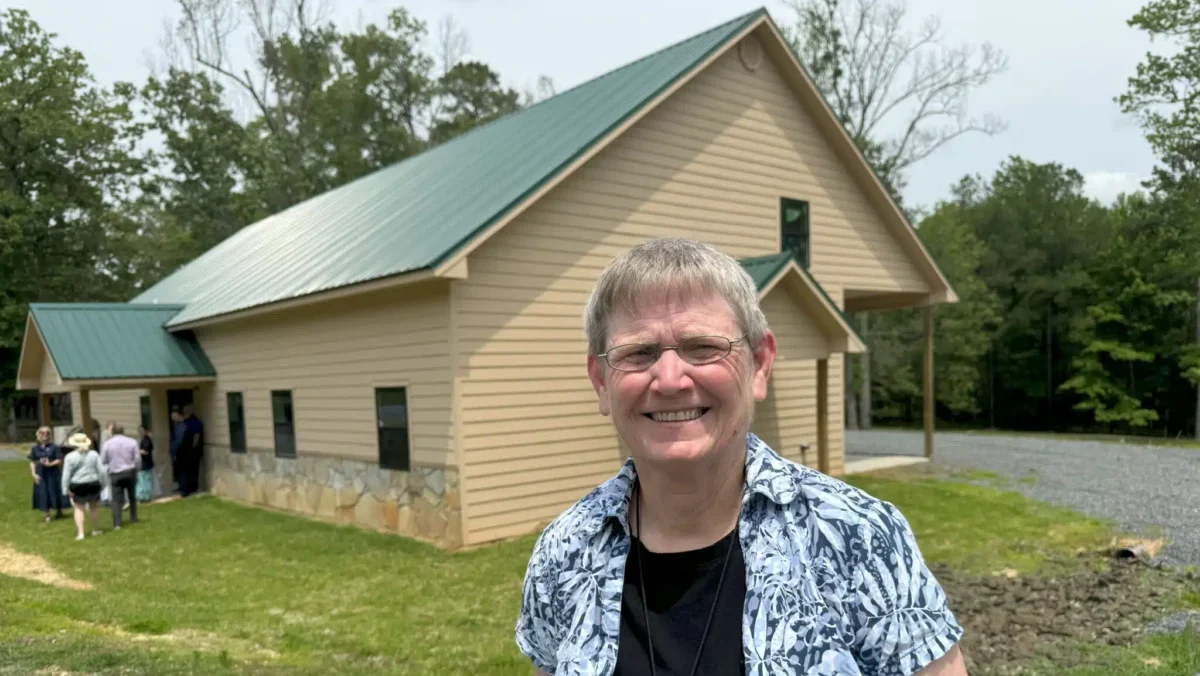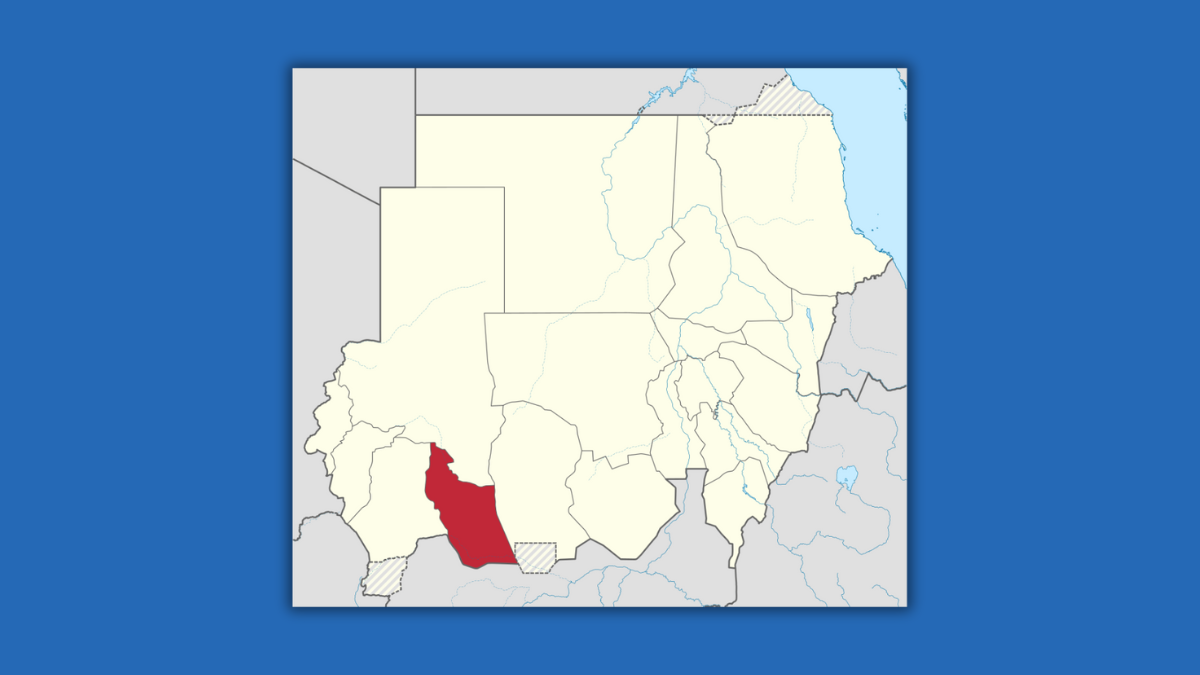JUDGMENT
Genesis 6:13–22; 7:20–24
God created the heavens and the earth. Genesis 6 describes in many ways the destruction of God’s good earth. God’s judgment of sin during the days of Noah is a narration of the destruction of God’s earth. In a wicked generation, one man — Noah — finds favor with God. Genesis 6:9 describes one man God would use as an instrument of faithfulness in the midst of a sea of evil.
Judgment announced (6:13–17)
In one sense, the flood was an act of de-creation, as many Bible scholars have noted. In Genesis 1:2, the Bible states that the earth was formless and empty. By contrast, the flood story narrates the destruction of God’s creation — “I am going to destroy them along with the earth.” The God who saw Eve sin in the garden now sees the exponential growth of the cancer of sin. The earth is corrupt. The earth is filled with wickedness. God chooses Noah as His instrument of grace because Noah is righteous and blameless and walks with God.
God commands Noah to make an ark. The God who designed creation also made the plans for the blueprint of the ark. We perhaps would not regard the ark as a fit ocean-going vessel. God gives specific instructions in terms of the materials used, size, roof, doors and number of decks. God’s verdict of judgment is the de-creation of His creation in which He will “destroy every creature under heaven.”
Rescue promised (6:18–22)
God establishes a covenant — an oath-bound promise — with Noah and his family. Noah and his family are responsible to enter the ark, to bring male and female creatures into the ark and to keep them alive. God instructs Noah to bring birds, livestock and crawling animals into the ark according to their kinds. The Hebrew term translated “kind” seems to describe various species. Further, God commands Noah to make arrangements for food. Noah obeys every aspect of God’s commands. Obedience is a key characteristic of someone who walks with God. What if Noah did not obey God? How might our lack of obedience impact people around us?
Judgment executed (7:20–24)
Genesis 7 describes the horrific details of God’s judgment. The mountains are covered with water. Every form of animal life is destroyed, including crawling things. The description of the judgment by means of flood seems to describe a worldwide flood rather than a local flood. Humans, livestock, crawling creatures and birds are destroyed. The human survivors of the flood in the days of Noah are eight individuals who by faith were saved from God’s judgment (1 Pet. 3:20). Hebrews 11:7 notes that Noah’s faith condemned the world. Noah’s act of obedience in building the ark preaches a message of judgment as well as a message of the gospel. “By faith he condemned the world and became an heir of the righteousness that comes by faith.”
While judgment is a primary theme in the narration of the flood, do not lose sight of the theme of God’s love and care. There is no doubt that Noah felt like he received a judgment of sorts as he endured the scorn of other people. The story of Noah also sets forth God’s compassionate, faithful love.
By Mark Rathel
Professor at the Baptist College of Florida in Graceville, Florida








